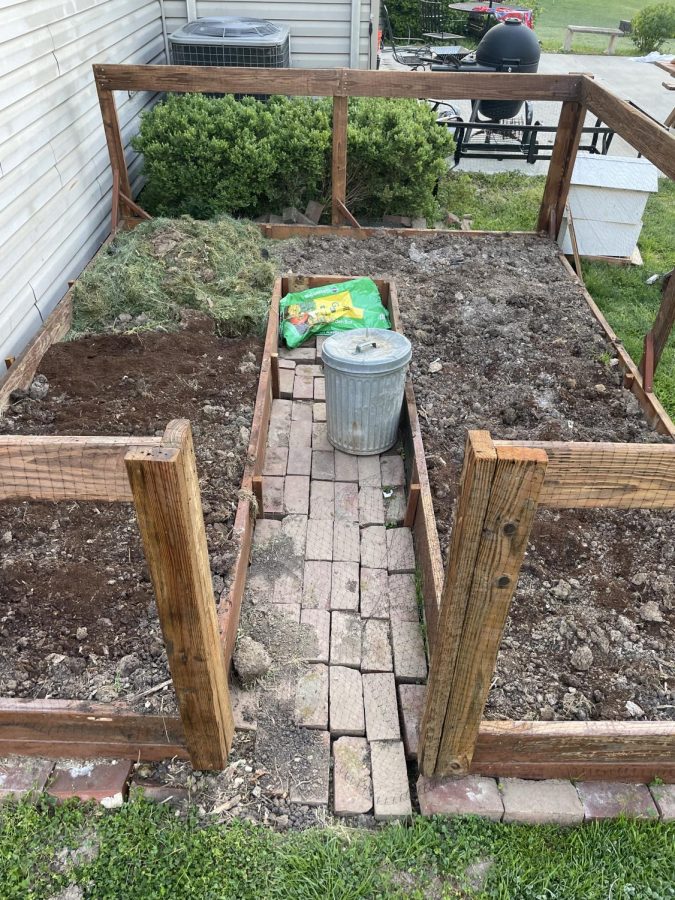Too Many People, Not Enough Gardens
As of right now, food security is a real issue in the United States, and the World. According to the World Food Programme, about 828 million people in the World currently don’t know where their next meal will come from (www.wfp.org). This is due to many factors such as overpopulation, poor use of land, increased appetites, and deforestation.
The World just passed 8 billion in population. Trying to feed this many people while using the land responsibly is a real challenge. America’s increased hunger for meat has also been a problem with cutting down forests to make room for cattle farms and corn fields. We are losing massive amounts of forest in order to implement cattle farms and crop fields. Which, while not all bad, we need trees for oxygen output and carbon dioxide sequestration. At the current rate we soon will not have forests left due to farming.
Also, much of this land, in turn, is used irresponsibly and actually hurts the environment by farming it. (See previous article) Americans consume almost 220 lbs of meat per capita per year, which is almost 20 lbs more than any other country (chefstamp.com). Again, while this is not bad on a small scale, feeding all of America this amount of meat is costly. It is immensely straining our resources and also taxing other country’s resources to support us.
Originally, farming was intended to support one’s community. Before it was massively industrialized, farmers simply grew crops and fruit for their neighbors and community. This way, all of the money that went into the crops stayed in the community and was, therefore, self-sustaining. This had much less of an ecological and economical impact on the world and was ultimately a lesser impact. While it’s not possible to go back to that way of life and dramatically change commercial farming, there could be a very simple solution that would make an impact on a large scale. Plant a garden.
A garden is a great way to revert back to the traditional way of farming and improve the environment and your community simultaneously. If every family planted a garden, that would cut down dramatically on the costs of food production for fruits and vegetables around the world. If every family cut down their costs by even 10% on produce every summer, it would be a huge difference in farming and effect on the environment. It could be as simple as going down to your local nursery and picking up some herbs to grow. It is also a delicious way to get fresh produce. One of the most satisfying feelings is eating a juicy tomato or cucumber that you know grew up from your dirt. Or, eating a big meal with your family that you know you grew and it wouldn’t have happened if you didn’t plant a garden. While this can’t change the world, it can definitely have a positive impact on the environment, even on a small scale. So next time you have some dirt in your backyard or are bored, plant a garden, the world might just be better for it.




